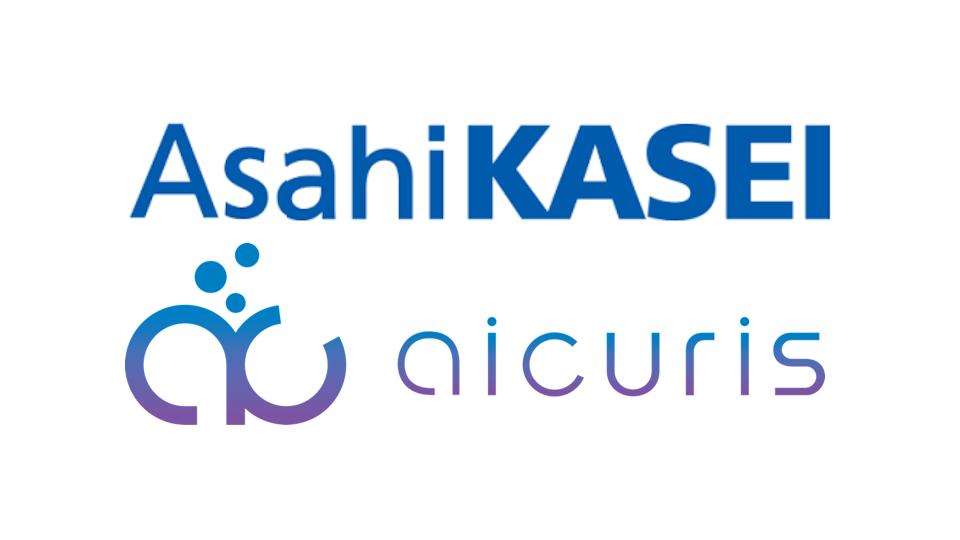AstraZeneca buys cell therapy biotech for up to $1bn

AstraZeneca has agreed to acquire Belgian in vivo cell therapy biotech EsoBiotec, strengthening its position in the emerging field of treatments that can reprogramme immune cells inside patients' bodies.
The deal includes an initial payment of $425 million when the takeover closes – expected in the second quarter of this year – and another $575 million in future payments tied to the achievement of development and regulatory targets.
EsoBiotec has developed a lentiviral vector platform that can deliver genetic instructions to specific immune cells, such as T cells, and programme them to attack cancer cells or autoreactive cells involved in immune-mediated diseases.
Current cell therapies generally involve harvesting cells from patients, modifying them outside the body and then re-infusing them – after treatment to deplete their immune systems and allow the reprogrammed cells to graft.
In contrast, EsoBiotec's ENaBL technology allows the cells to be administered through a simple intravenous injection without the need for myeloablative conditioning of the bone marrow, which can have itself cause serious side effects. That also means treatment could be administered more quickly and cheaply.
Susan Galbraith, head of oncology R&D at AZ, said the technology "has the potential to transform cell therapy and will enable us to scale these innovative treatments so that many more patients around the world can access them."
For AZ, the deal marks a ramping up of its position in cell therapies for cancer, a category where it has trailed other pharma groups, including Novartis, Bristol Myers Squibb and Gilead Sciences. It has looked externally to scale up its presence, and the EsoBiotec deal follows a $1.2 billion takeover of CAR-T therapy developer Gracell Biotechnologies in late 2023 and a $2 billion partnership with Quell Therapeutics on Treg therapies for autoimmune diseases.
Other moves in this direction include a multibillion-dollar alliance with Cellectis to apply its gene-editing platform and manufacturing capabilities to the design of cell and gene therapy (CGT) products, another CAR-T alliance with AbelZeta, and the acquisition of TCR specialist Neogene Therapeutics for up to $320 million.
The latest deal will "accelerate and expand the impact of our recent investments and marks a major step forward in realising our ambition to harness the full potential of cell therapy," said Galbraith.
Alteogen deal
The EsoBiotec agreement was followed in quick succession by a pair of licensing deals with South Korea's Alteogen for a hyaluronidase technology (ALT-B4) that can be used to create subcutaneous versions of large-molecule drugs that currently have to be given intravenously. That can deliver advantages, including time savings for patients, clinical staff, and health systems due to shorter administration times, said AZ.
The deals with AZ and its Medimmune subsidiary include upfront payments of $45 million plus various development, regulatory, and sales milestones that could be worth up to $1.305 billion, as well as royalties on any future commercial sales.
AZ has entered into the licensing agreements shortly after its partner on HER2-directed antibody-drug conjugate (ADC) Enhertu (trastuzumab deruxtecan) signed a deal worth up to $300 million with Alteogen to develop a subcutaneous version of the drug.












